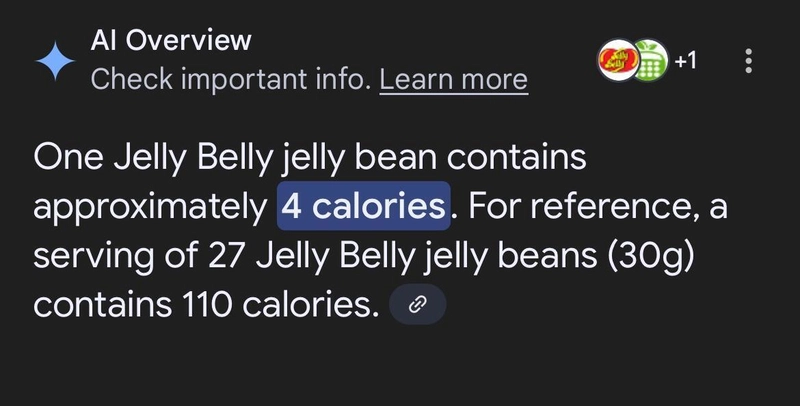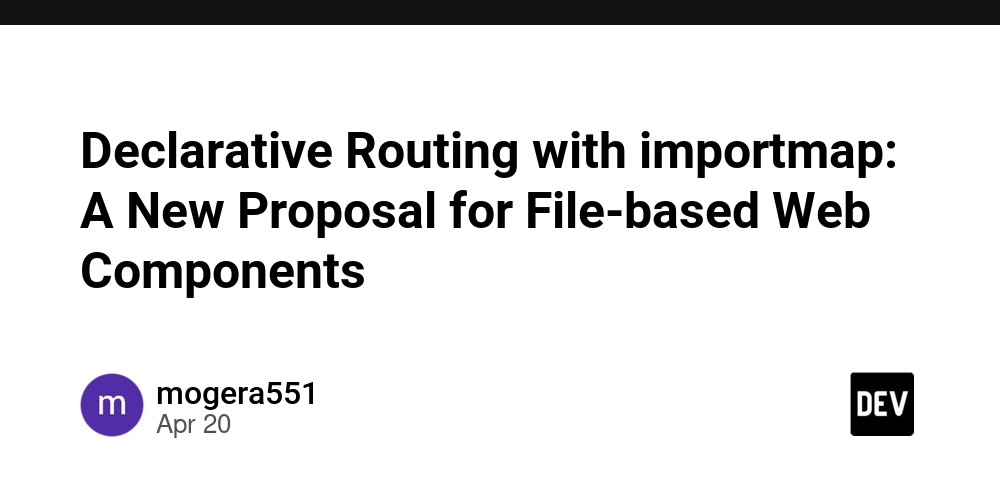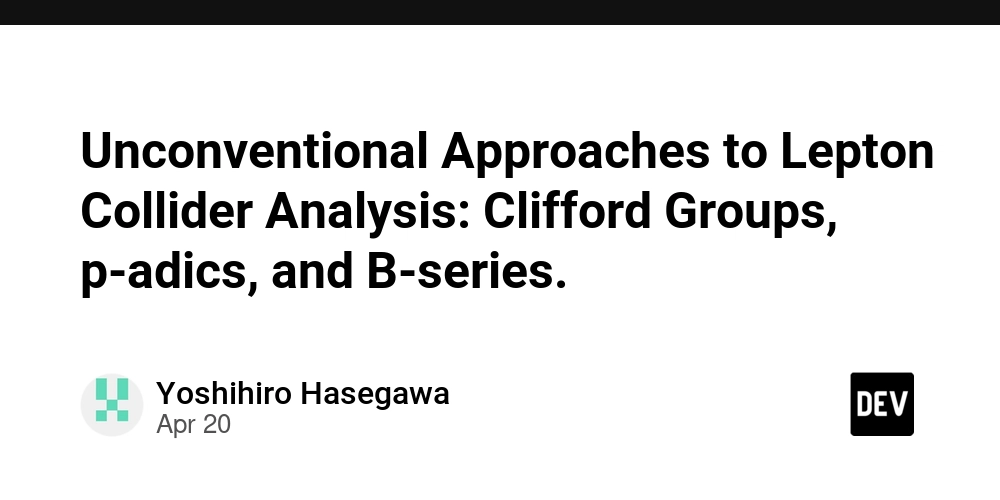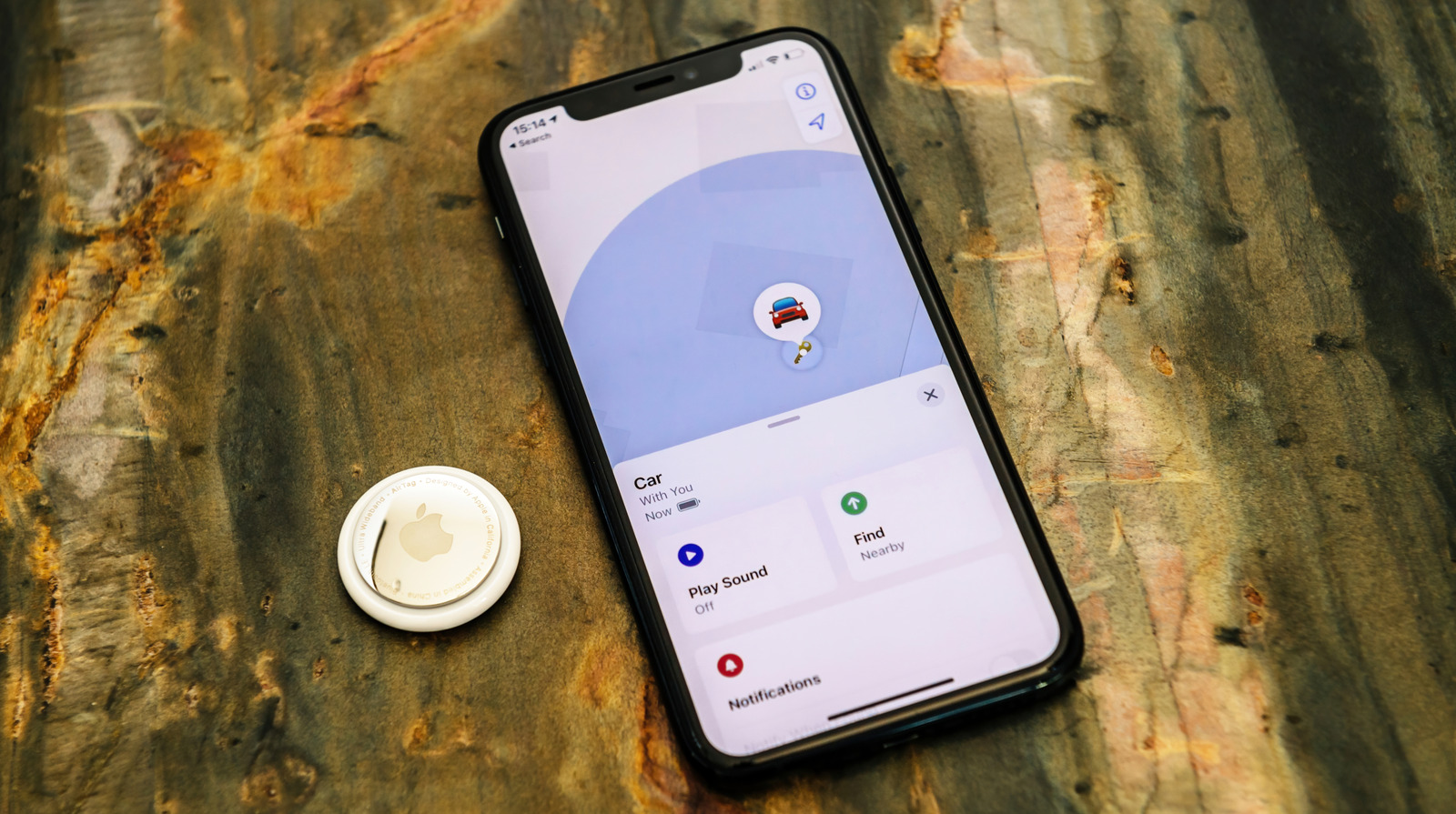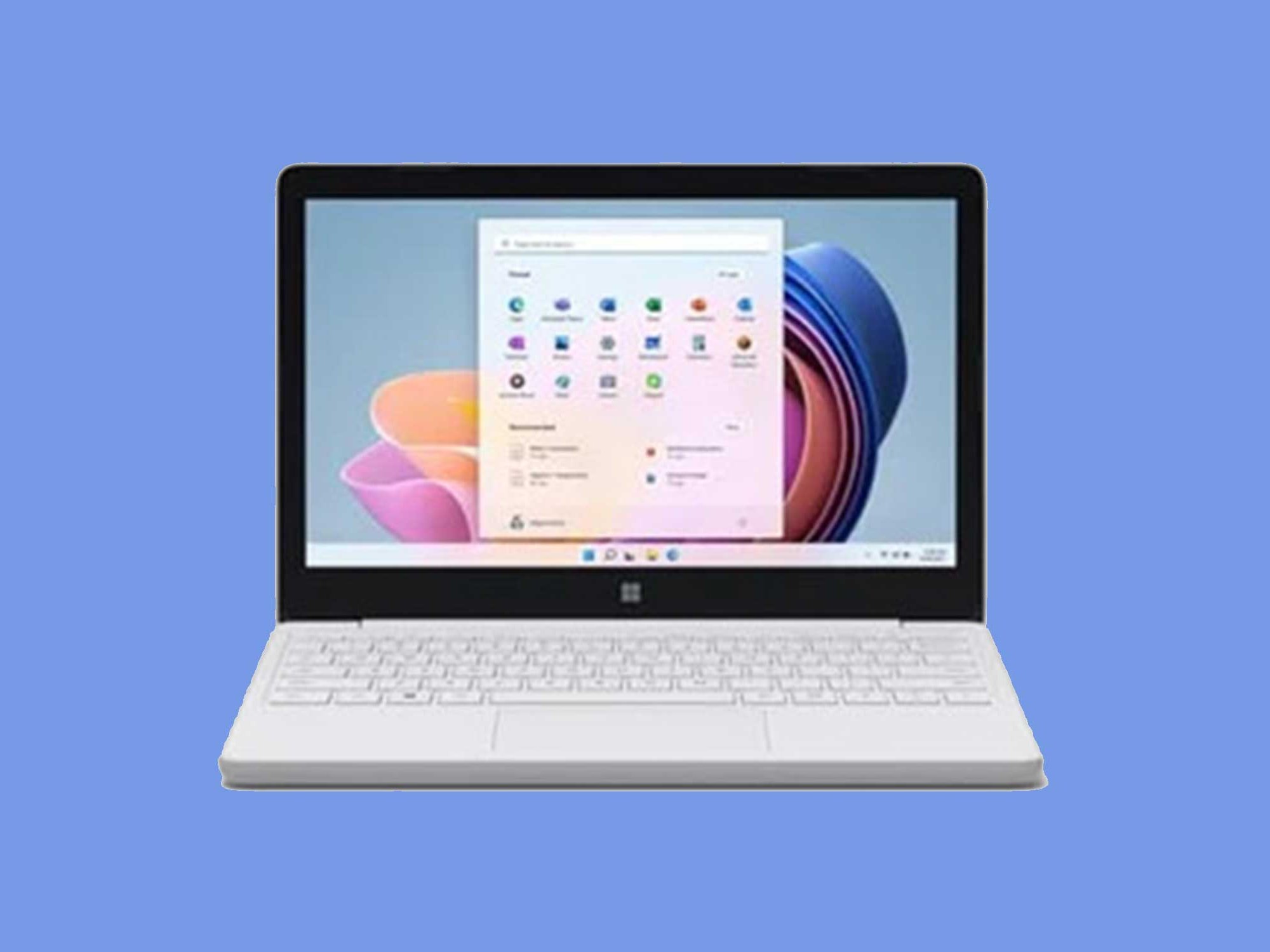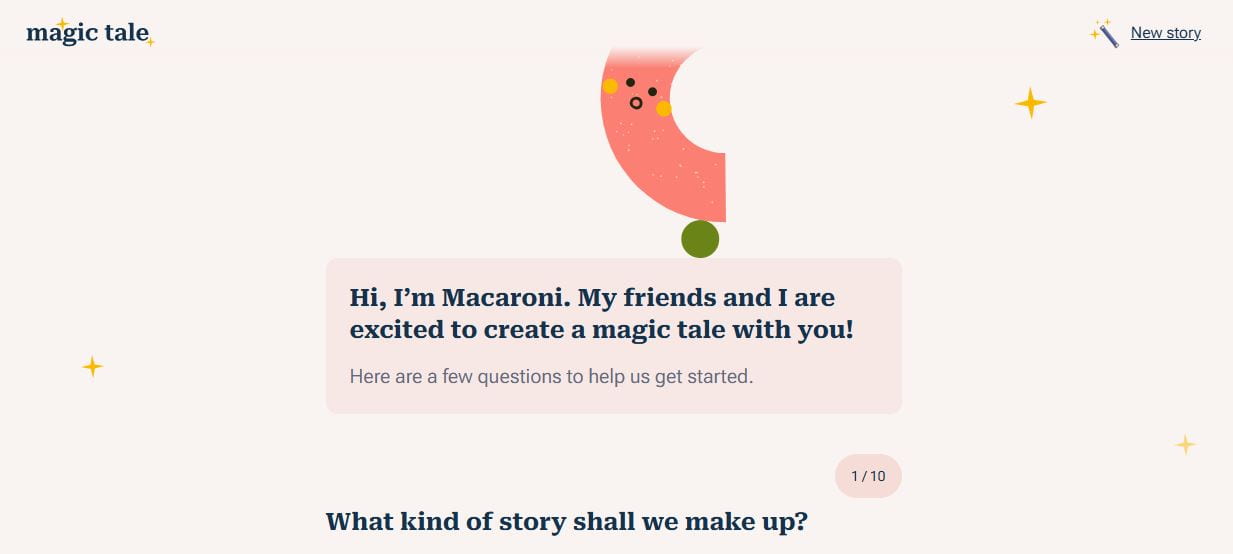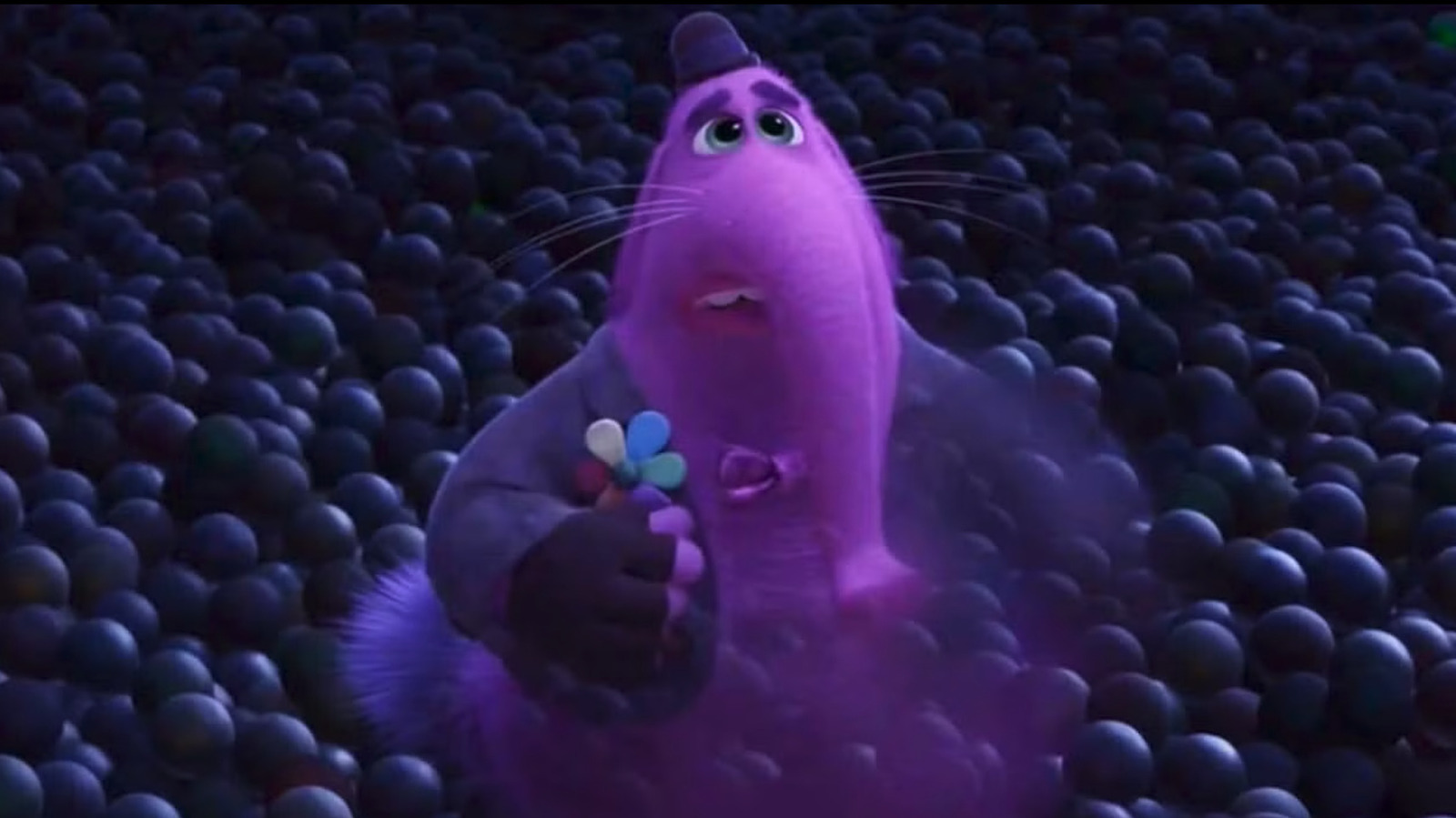OpenAI's chair is 'optimistic' about how AI will change work, and pointed to Excel to explain why
OpenAI chair Bret Taylor says AI will shake up jobs — and workers who rely on old tools may be left behind.
Salesforce
- Bret Taylor said that because of AI, some jobs are about to undergo a "tumultuous" five years.
- But he said he was "optimistic" about how the tech would transform work.
- He said that Microsoft Excel changed accounting without making its users "any less of an accountant."
OpenAI chair Bret Taylor has used Microsoft Excel to explain why he's "optimistic" that people will learn to work with AI, amid a wave of anxiety among knowledge workers who fear the tech will replace them.
Taylor, who also leads the AI startup Sierra and previously held top roles at Salesforce, Facebook, and X, said there would be "really disruptive and tumultuous" five years for "some jobs."
But he said Microsoft Excel, which debuted in 1985, automated many tasks that accountants had previously done manually, without making anyone who uses it "less of an accountant."
"Just because you didn't handcraft that math equation, it doesn't make the results any less valuable to your clients," he said on an episode of The Knowledge Project Podcast that aired Wednesday.
He added that AI will make software engineering "completely different two years from now."
"If you define your role as a software engineer as how quickly you type into your IDE, the next few years might leave you behind," he said, referring to an integrated development environment — an application for developing software.
Instead of coding faster, Taylor said engineers should focus on what to build and how to guide these systems. "Your judgment as a software engineer will continue to be incredibly important," he added.
Taylor added that, if your job depends on your mastery of outdated tools, you're more likely to be replaced, adding, "Some people who define their jobs by their ability to use the last generation's tools really, really effectively will be disrupted."
Taylor said workers should think about how they can add value and embrace "an open-mindedness about reskilling and reimagining their job through the lens of this dramatically different new technology."
"If you take the longer view and fast-forward 25 or 50 years, I'm incredibly optimistic," Taylor added.









